|
Check out Florence & The Machine: Ceremonials. A unique voice, incredibly atmospheric music. I am reminded of Sinead O'Connor at her best, as well as Kate Bush, but Florence Welch is definitely a talent unto her own. She crosses genres and moods; mixes rock, soul, pop and the Romantic poets! My favorites? After just a few listens, No Light, No Light is a true standout, as well as What the Water Gave Me. But this is one of those CDs that requires close listening over a period of time to truly appreciate its artistry.
0 Comments
When a librarian is tired and unable to come up with an interesting post, she resorts to trivia and factoids. Hence, this birthday salute!
Born on this day: 1721 - Madame De Pompadour, mistress of French King Louis the 15th (what would we have named the hairdo?) 1776 - Charles Macintosh, Scotland, patented waterproof fabric (what would the Brits call their raincoats?) 1800 - Charles Goodyear, inventor (vulcanization process for rubber) (how would we get around?) 1808 - Andrew Johnson, Raleigh NC, 17th president (1865-69) (Discuss an alternate direction of the Reconstruction) 1914 - Billy Tipton, American musician (d. 1989) (Jazz pioneer born a woman, who lived as a man for most of her adult life) 1917 - Tom Bradley, American politician (d. 1998) (first, and so far only, African-American Mayor of Los Angeles) 1921 - Robert C. Baker, Inventor of the chicken nugget (d. 2006) 1937 - Mary Tyler Moore, actress (Mary Tyler Moore show, Ordinary People) 1938 - Jon Voight, Yonkers, NY, actor (Deliverance, Midnight Cowboy) 1946 - Laffit Pincay Jr, jockey (Kentucky Derby 1984, Belmont 1982-84, Swale) 1946 - Marianne Faithfull, Hampstead England, vocalist (Mick Jagger's main squeeze for a time in the '60s) 1951 - Yvonne Elliman, US actress/singer (Original Mary Magdalene in Jesus Christ Superstar; I Don't Know How to Love Him) 1972 - Jude Law, British actor (Cute foil for Robert Downey, Jr. in Sherlock Holmes flicks) 1973 - Theo Epstein, the Cubs' new general manager (formerly of Boston) Today is officially "Scrub the dark marks off the corners where the cats rub their filthy little heads" Day, an occasion celebrated by cat-lovers everwhere. And a day upon which they ask the question, "How do my cats' heads pick up dirt when the closest they get to the outside is a nose pressed against a windowscreen?"
No, it has nothing to do with the "sweet science" of pugilism. And how the sport of boxing was given that moniker is a whole 'nother post. And it's not about returning those unwanted gifts. Boxing Day, which is celebrated in Great Britain and most of the Commonwealth nations on December 26th, apparently got its name from the practice of the gentry giving their servants boxes of celebration leftovers and other small gifts on this day. The servants would have to work on December 25th but would then be given the following day off, along with their presents.
An alternative explanation is that the church alms boxes where parishioners would deposit coins for the poor would be opened on this day and distributed to the destitute of the parish. As years passed, the custom of giving small gifts grew to include anyone who had rendered a service over the course of the year. December 26th is also the Feast of Saint Stephen, the first Christian martyr. Saint Stephen was one of the seven original deacons of the Christian Church who were ordained by the Apostles to care for widows and the poverty-stricken. For the success of his preaching and his religious devotion, St. Stephen was stoned to death by a mob outside the city of Jerusalem. As he died, he begged God not to punish his killers. Here’s a Christmas Smackdown to enjoy while you await the arrival of the big jolly elf... Category: Christmas Icons Rudolph vs. Frosty A four way match-up between St. Nicholas vs. Santa Claus vs. Kris Kringle vs. Pere Noel Category: Music First up, a three-way match-up for the most intolerable version (or best version, your choice) of “Last Christmas:” George Michael vs. Taylor Swift vs. Glee cast Most Depressing Christmas song: The Christmas Shoes vs. A Soldier’s Silent Night Category: Christmas theatre cash cows The Nutcracker ballet vs. A Christmas Carol Category: TV Specials (as they were called back in the day) How the Grinch Stole Christmas vs. A Charlie Brown Christmas Category: Classic Christmas Movies It’s a Wonderful Life (an angel gets its wings) vs. A Christmas Story (you’ll shoot your eye out) Category: Flora Holly vs. Ivy Evergreen tree (real) vs. Evergreen tree (artificial) Category: Food Fruitcake vs. Anything Sugar cookies vs. gingerbread cookies Candy canes vs. peppermint bark Category: Decorations Christmas lights vs. Inflatables Polar bears vs. Penguins “Themed” Christmas trees vs. any ornament you happen to like plus the home- or school-made masterpieces Category: Preferred locations for the “stuffer” gifts Stockings vs. Shoes Category: Anticipation Christmas Eve vs. New Year’s Eve Category: The Morning After
As those who celebrate Christmas (particularly in the United States) rush to and fro in mad pursuit of last minute gifts and stocking stuffers, clogging roads and parking lots, we can pause a moment to consider some interesting precursors to Christmas revelry... and compare these peculiar rites to our own...
Roman pagans had the holiday of Saturnalia, a weeklong period of lawlessness celebrated between December 17-25. During the festival period, courts were closed, and Roman law dictated that no one could be punished for damaging property or injuring people. Opening ceremonies included the selection by Roman auhorities of an enemy of the Roman people who was known as the Lord of Misrule. Each community selected a victim whom they forced to indulge in food and other physical pleasures throughout the celebration. (Sounds like a fun job, doesn't it? Read on.) At the festival’s end, Roman authorities believed they were destroying the forces of darkness by sacrificing this innocent man or woman. In addition to human sacrifice, the Greek poet and historian Lucian, in his description of the holiday, mentions these customs: widespread intoxication; going from house to house while singing naked (the origins of here we come, a-wassailing??); rape and other sexual license; and consuming human-shaped biscuits! Presumably this festival contributed to the decline and fall of the Roman Empire... The Winter Solstice, which is also known as Yule, is one of the oldest pagan winter celebrations. The seasons and weather were extremely important to ancient people, who, being hunter/gatherers, spent the majority of their time outdoors. Understandably, these cultures has great reverence for, and even worshipped the sun. (Those of us living in the northern climes have a little bit of this pagan spirit still beating within, as we go to work in the dark and come home in the dark, checking Tom Skilling's weather page in the Chicago Tribune, anxiously watching as the sunrise and sunset times slooooowwwwlly start to move farther apart again!) The Norsemen of Northern Europe viewed the sun as a wheel that changed the seasons. It was from the word for this wheel, houl, that the word "yule" is thought to be derived. At mid-winter the Norsemen lit bonfires, told stories and drank sweet ale. (Sound familiar? Substitute a wide-screen TV, Big Bang Theory or Sunday football and bottles of Bud Light and you've flashed forward to the 21st Century.) In Britain, the winter solstice was celebrated on the shortest day of the year (usually December 21st) long before the arrival of Christianity. Oak trees were sacred in the Celtic culture and the winter fruit of the mistletoe which grew on the oak was a symbol of life in the dark winter months. The Druid priests would cut the mistletoe and give it as a blessing. The Druids also began the tradition of the yule log. The Celts thought that the sun stood still for twelve days in the middle of winter (imagine that! -- seems like longer than 12 days to me!) and during this time a log was lit to conquer the darkness, banish evil spirits and bring luck for the coming year. "Truth and love must prevail over lies and hatred." The motto of a dissident poet and playwright who, when called upon by the people of his country, took up the mantle of politics. Let us remember Vaclav Havel, who died Sunday. He led the 'Velvet Revolution' in 1989 which helped foment the fall of the Iron Curtain and the collapse of the Soviet Union, and later served as the president of Czechoslovakia and the Czech Republic. He endured Communist oppression and imprisonment, but remained an optimist and a force for the dignity of mankind.  Vaclav Havel, 1936 - 2011 "None of us—as an individual—can save the world as a whole, but . . . each of us must behave as though it were in his power to do so," Havel wrote in his 1997 book, The Art of the Impossible: Politics as Morality in Practice. He was born Oct. 5, 1936, into a family of entrepreneurs in Prague. His early life was privileged, but his family's prosperity made it a target after the Communists seized power in 1948. Due to his "bourgeois" origins, Havel was denied a secondary education and had to finish his diploma at night school while working days. He was also denied entry to the history and philosophy departments of Prague's prestigious Charles University. He wound up studying economics at a technical institute instead. These frustrations became a source of creativity,. He mocked the Communist system's bureaucracy in his absurdist plays, which include "Beggar's Opera," "The Garden Party," "Largo Desolato," and "The Memorandum." After the 1968 invasion of Czechoslovakia crushed the "Prague Spring" reform movement, Havel became convinced of the importance of moral resistance to dictatorship. As a prominent pro-democracy leader and critic of the Soviet regime, he was charged with undermining the state. His plays were banned and it was forbidden even to publish his photograph. 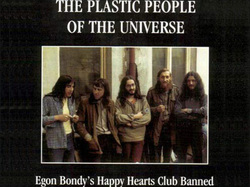 In 1977, after members of a punk band called the Plastic People of the Universe were arrested on charges of "disturbing the peace," Havel organized the signing of Charter 77 by writers, actors and public intellectuals demanding basic human and civic rights. That move revived of dissident activity after nearly a decade of repression so severe that almost no opposition had been visible. This era was later commemorated in Tom Stoppard's play Rock n'Roll. In early 1989, Havel was jailed again for several months, but by November it was clear that the Communist regime was doomed. Student demonstrations were on the rise and Havel's Civic Forum organized additional huge protests and held talks with the crumbling Communist government, eventually persuading it to relinquish power. If you’re looking for a thrilling nonfiction read to chase the chill on a winter’s day or night, you might try Wayne Coffey’s The Boys of Winter, subtitled “the untold story of a coach, a dream, and the 1980 U.S. Olympic hockey team.” This well written and meticulously researched book looks back at one of the greatest moments of twentieth-century sports history, the improbable victory of the U.S. hockey team over the Soviet Union, assessing the meaning of the triumph and examining the paths taken by the players and coaches on both sides since 1980. Coffey never descends into melodrama, which would have been easy to do given the situation, but captures the details and backstories that went unreported in the frenzy. Coach Herb Brooks, portrayed as an obstinate, aloof, savvy genius, molded a roster of 20 amateur, mostly college-age young men into a team notable for its grit, creativity and an ethic of teamwork. The Soviet team is humanized, as we learn how they scrounged for Band-Aids and avoided using slap shots because a shortage of quality hockey sticks in the Soviet Union meant they couldn't risk breaking them, details which, if revealed at the time, would have implied a weakness in the Soviet regime. Coffey's saga carries us back to a more innocent Olympics era, when doping and judging scandals were not everyday occurrences (except on the East German women’s swim team) and when there were no multi-millionaire professionals playing on an overhyped "dream team." For a look at a different sport involving an ice rink and skates, try Figure Skating: a history by James R. Hines. Hines includes profiles of many individual skaters, including World and Olympic champions, all of whom, in Dick Button's words, "left the sport better because they were in it." In this volume, you will learn how the jumps got their names like Triple Salchow and Double Axel; read the saga of the woman who broke into the previously all-male World Championships in 1902; and find out the lesser-known details of the tale of Sonja Henie, who figure-skated her way onto the silver screen. Beyond the contributions of individual skaters, Figure Skating also examines the evolution of the sport over time and the judging scandals that have marred recent competitions. Hines takes a look at the rise of ice shows and discusses social, political, and ethical concerns that have affected the sport. You can also peruse the photo gallery for your favorite World and Olympic champion, complete through 2005.
The Great Gatsby
"Midwestern boy mixes with rich Easterners, learns lesson from Gatsby’s story: rags to riches to death in a swimming pool, all cuz of girl."@Tweetbook Macbeth "Ambitious Scotsman slays true king, rises to throne on advice of witches, ghosts and bat-shit crazy wife, is slain by Caesarean-born lord."@Tweetbook Hamlet "Manic-depressive Dane mourns dead dad, hallucinates, contemplates matricide, drives flower-strewing chick to suicide, dies by the sword."@Tweetbook The Catcher in the Rye "Troubled youth flees prep school, drinks, swears and offends girls in New York City, rants about phonies, loses it watching sis on carousel."@Tweetbook Anna Karenina "Unhappy family, dull husband, dashing lover, tormented adulteress, tormented landowner, unrequited love, all ends badly under a train."@Tweetbook Apologies to blondes in advance...
Did you hear about the dumb blonde who attached a keyboard to her iPad and rested it on a stand? She invented a laptop! |
AuthorTo find out more about me, click on the Not Your Average Jo tab. Archives
February 2024
Categories
All
|
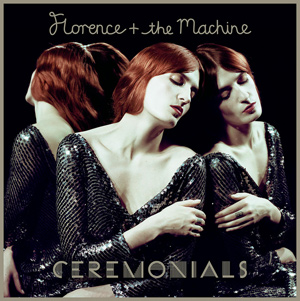

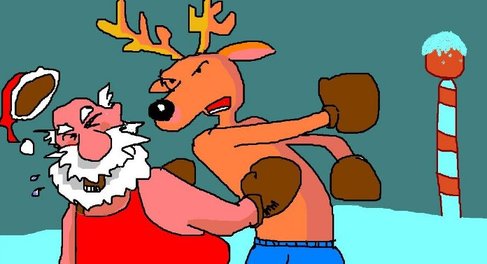
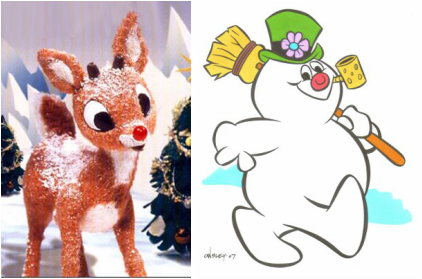
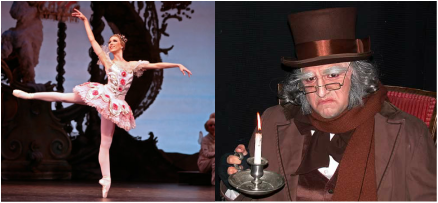


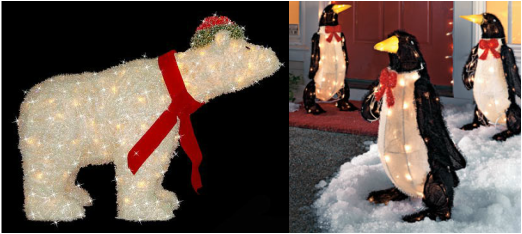
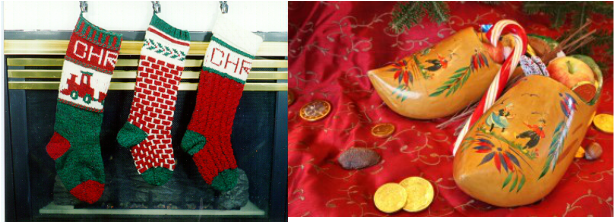
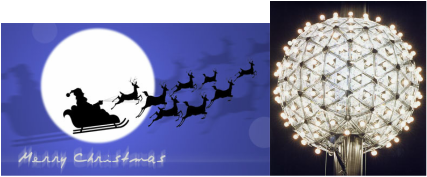

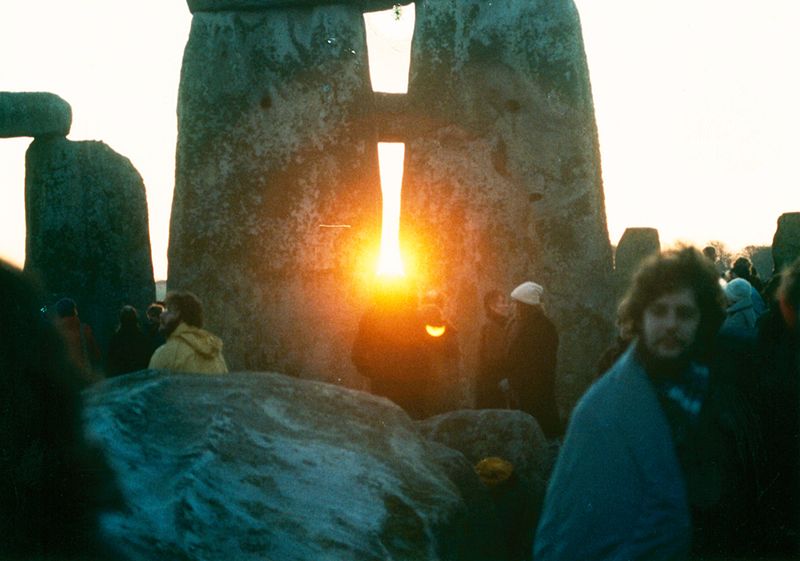
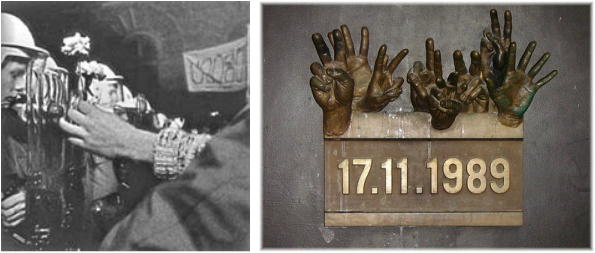
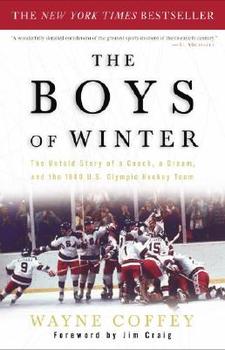
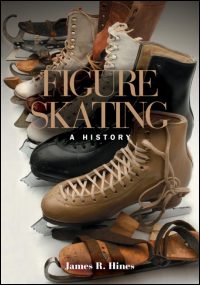

 RSS Feed
RSS Feed